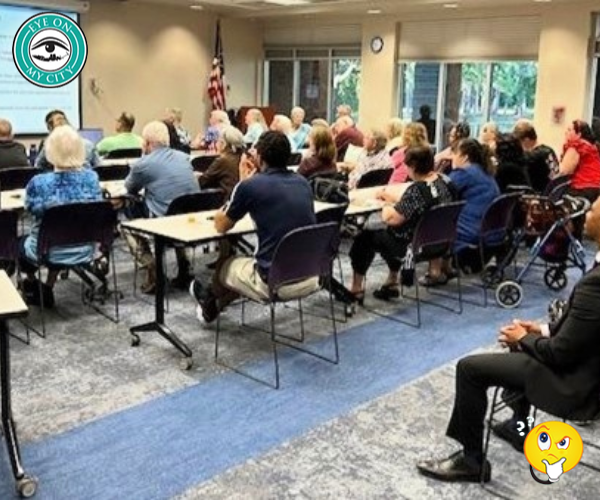
It appears that the parking garage fiasco may have been brought on by city officials many years ago.
As usually is the case in government, those who created the mess are gone, leaving the taxpayers to clean up.
Three parking garages were built about 16 years ago, two at the sports complex and one near the new county courthouse. Altogether they have provided more than 2,800 new spaces.
They were supposed to save money, by having the private sector build and manage them.
Michael Munz of the Dalton Agency, which represented Metropolitan Parking Solutions at the time, said projections calculated an $18.4 million profit for the city over the 30-year life of the contract, compared to a $32.5 million loss in taxes and revenue of the city-operated lots.
Instead, the taxpayers currently are on the hook for more than $56 million in loan principal and accrued interest. Included in the amount is money the city is lending to the company to pay interest and fees the company owes because it has not paid property taxes on time, according to the City Council auditor.
But one person who was involved in the deal told Eye on Jacksonville the city would have come out ahead if it had followed its own plan.
The plan called for surface parking in the area to be eliminated, according to our source, who asked not to be identified.
That would have meant the parking garages would get the revenue necessary to turn a profit.
In the agreement, the city had guaranteed the operators an 8 percent profit, which later was reduced to 6.75 percent. Also, tax-exempt bonds were issued to build the garages.
City officials agree to lend the company money, at 2.75 percent interest, until the bonds were retired. Under the original terms the company was expected to make a profit by 2016.
But instead of eliminating surface parking, the city added 2,500 surface parking spaces, which are managed by SMG, the company that originally was going to run the garages before it pulled out at the last minute.
Another factor was the delay in building the courthouse, which in turn delayed the expected parking revenue from being collected.
Also, was the city’s policy of discouraging traffic downtown by emphasizing mass transit a factor in the uncollected revenue? It discontinued the trolley the day the courthouse opened.
In addition, the city has hundreds of parking meters. In 2012, the Daily Record reported that the city had decided to take a lenient approach to issuing tickets for overtime parking, another blow to the courthouse garage.
Another aspect of the problem is that the parking revenue is on a cash basis, which always presents a problem in constructing an audit trail.
Lori Boyer, who became head of the Downtown Investment Authority recently, has cut off the loans to the company, saying it has failed to meet its obligations and has not provided sufficient financial information, per the audit last year. The company’s lawyer has accused her of trying to create a problem to avoid meeting the city’s obligations.
Mayor Lenny Curry and the City Council need to get into the fray and determine who is at fault and what the city should do to remedy the mounting problem.
Among the questions to ask: Was the city’s agreement with the company too generous, and why didn’t the city follow its own plan? Why isn’t the company paying property taxes in timely fashion? How should the city balance the needs and resources for surface parking, garage parking, meter parking and mass transit?
Taxpayers deserve answers.







